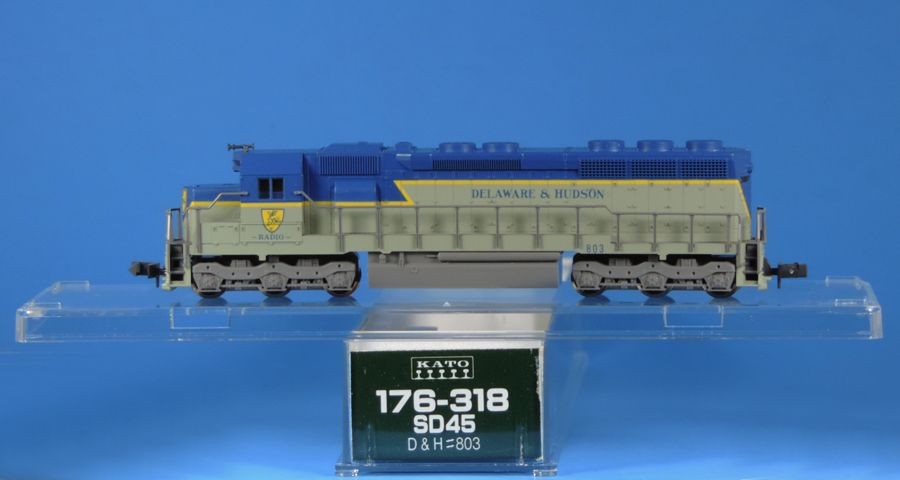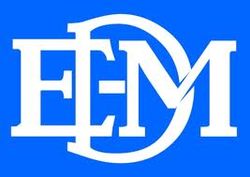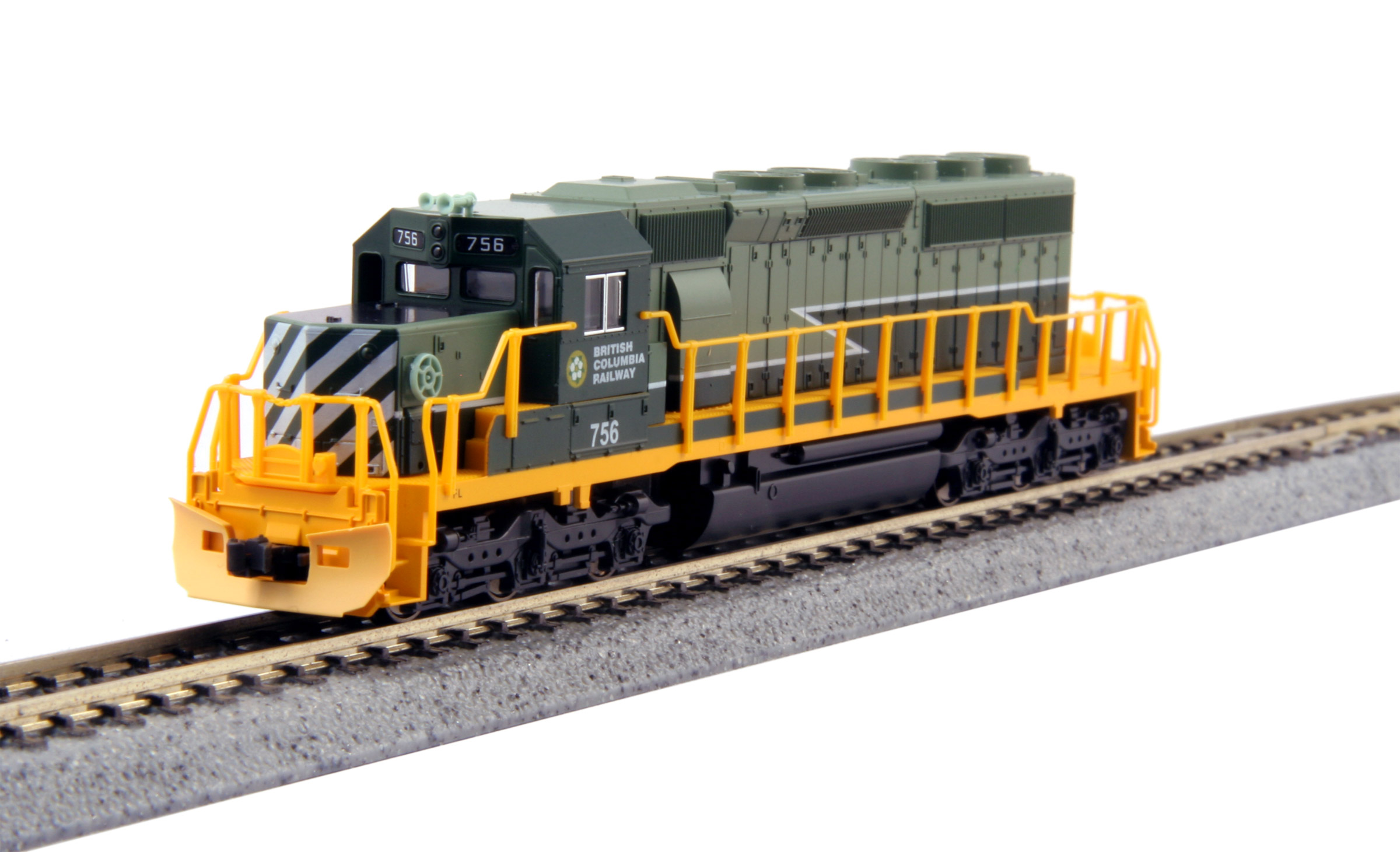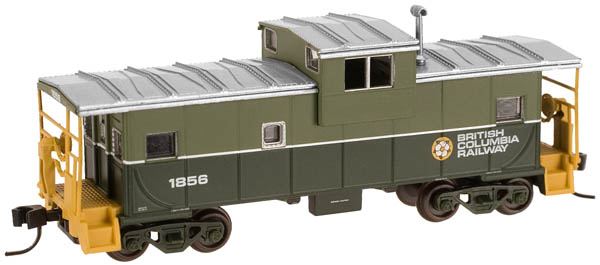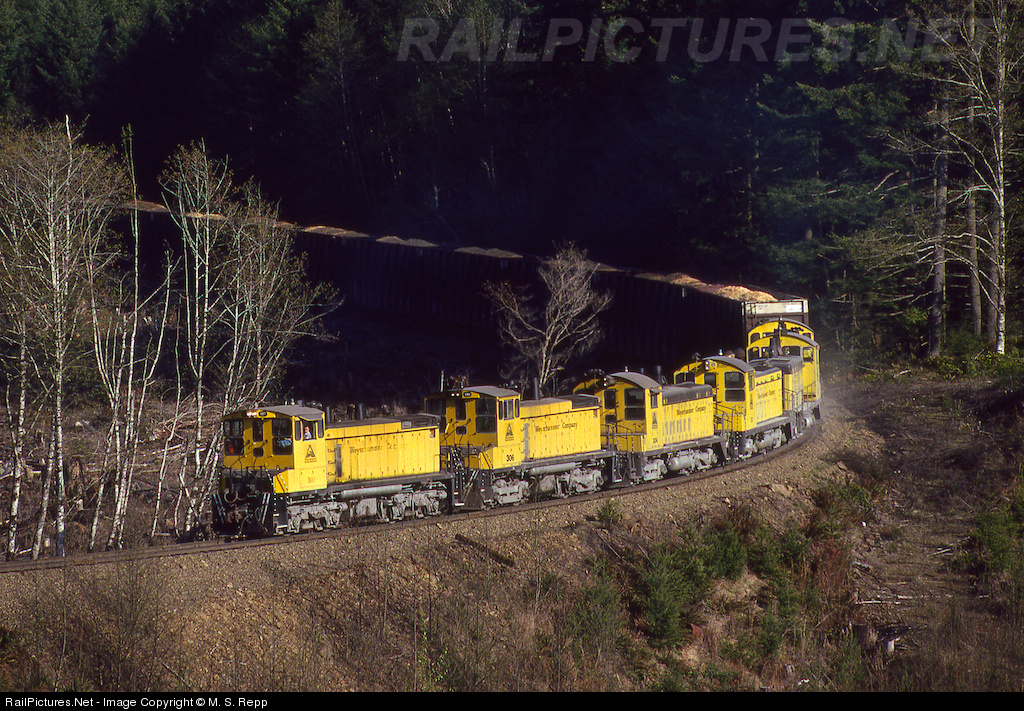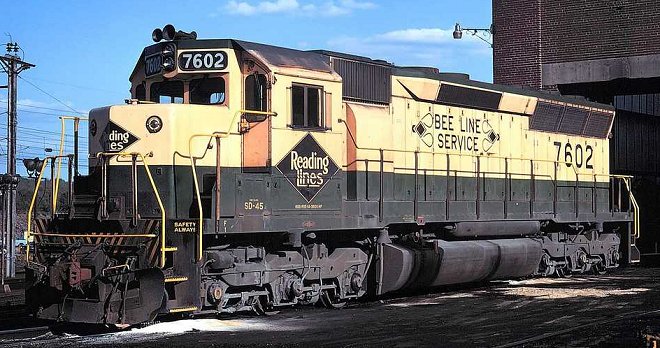Model Information: Kato introduced this '2nd generation" SD40 model in 1991. Later, in 1995, they started producing SD45s with the same mechanism. In 2002 they revised and re-released the SD40. In 2010 revised and re-released the SD45.
When it first came out, the Kato 1991 SD40 was considered very innovative for its time. The model features full pilots with body-mounted couplers. These models (both pre and post revision) run very well with excellent all-wheel pickup and drive. They are quiet and smooth running (though quite fast compared to new Atlas slow-speed mechanisms). They can really pull and handle fairly well on sharp curves. The key difference between the early and later version of the mechanism is the DCC support.
When it first came out, the Kato 1991 SD40 was considered very innovative for its time. The model features full pilots with body-mounted couplers. These models (both pre and post revision) run very well with excellent all-wheel pickup and drive. They are quiet and smooth running (though quite fast compared to new Atlas slow-speed mechanisms). They can really pull and handle fairly well on sharp curves. The key difference between the early and later version of the mechanism is the DCC support.
DCC Information: The early versions are considered DCC-friendly. The later revisions support drop-in decoders. I suspect that it is easier and cheaper to take one of the old shells and drop it over a new chassis than to try to convert an old mechanism to DCC.
Prototype History: Notable as the first locomotive with an engine larger than 16 cylinders upon its introduction in 1965, the EMD SD45 was used on nearly every railroad at one time or another. Over the course of six years, EMD built a whopping 1260 SD45 locomotives for freight use on more than 25 railroads, with many more acquiring them second-hand. The SD45, while sharing the same common frame as the EMD SD40, was distinguished by a number of characteristics such as the flared radiator that stretched across the side of the locomotive's long hood. Several SD45 locomotives are still preserved and in service today.
From Wikipedia
Read more on American-Rails.com
From Wikipedia
Read more on American-Rails.com
Road Name History: 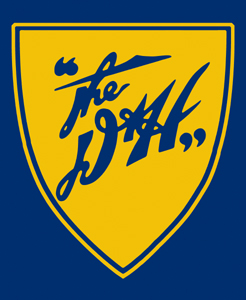 The Delaware and Hudson Canal Company would found the Delaware and Hudson Railway to support its mission of getting fuel to the timber denuded cities of the northeast when it was discovered that 'rock coal' or Anthracite could be burned successfully. In time the railway eclipsed the parent company, and America's brief canal age would be ended by the availability of more powerful traction locomotives, so today the canal is little known. Today the Delaware and Hudson Railway (reporting mark DH) is again a subsidiary railroad that operates in the northeastern United States. Since 1991 it was owned and operated by the Canadian Pacific Railway under the rail subsidiary Soo Line Corporation also controls the Soo Line Railroad, Canadian Pacific Railway is owned by Canadian Pacific Railway Limited.
The Delaware and Hudson Canal Company would found the Delaware and Hudson Railway to support its mission of getting fuel to the timber denuded cities of the northeast when it was discovered that 'rock coal' or Anthracite could be burned successfully. In time the railway eclipsed the parent company, and America's brief canal age would be ended by the availability of more powerful traction locomotives, so today the canal is little known. Today the Delaware and Hudson Railway (reporting mark DH) is again a subsidiary railroad that operates in the northeastern United States. Since 1991 it was owned and operated by the Canadian Pacific Railway under the rail subsidiary Soo Line Corporation also controls the Soo Line Railroad, Canadian Pacific Railway is owned by Canadian Pacific Railway Limited.
The name itself originates from the 1823 New York state corporation charter listing the unusual name of "The President, Managers and Company of the Delaware & Hudson Canal Co." authorizing an establishment of "water communication" between the Delaware River and the Hudson River.
Nicknamed "The Bridge Line to New England and Canada," the D&H helped connect New York with Montreal, Quebec and New England. It called itself "North America's oldest continually operated transportation company." Between 1968 & 1984, the D&H was owned by Norfolk & Western. N&W sold it to Guilford Transportation, who cast it into bankruptcy in 1988 and in 1991, the D&H was purchased by Canadian Pacific Railway (CP).
On September 19, 2015, Norfolk Southern Railway assumed control and began operations of their recently acquired Delaware & Hudson "South Line", the 282 miles from Schenectady, New York to Sunbury, Pennsylvania from CP. The Delaware & Hudson "South Line" is a rail route that now consists of three rail lines, the Sunbury Line, the Freight Line, and the Voorhesville Running Track; the Sunbury Line absorbed the original route of the Delaware, Lackawanna and Western Railroad main line which contains the Nicholson Cutoff during that rail line's history.

The name itself originates from the 1823 New York state corporation charter listing the unusual name of "The President, Managers and Company of the Delaware & Hudson Canal Co." authorizing an establishment of "water communication" between the Delaware River and the Hudson River.
Nicknamed "The Bridge Line to New England and Canada," the D&H helped connect New York with Montreal, Quebec and New England. It called itself "North America's oldest continually operated transportation company." Between 1968 & 1984, the D&H was owned by Norfolk & Western. N&W sold it to Guilford Transportation, who cast it into bankruptcy in 1988 and in 1991, the D&H was purchased by Canadian Pacific Railway (CP).
On September 19, 2015, Norfolk Southern Railway assumed control and began operations of their recently acquired Delaware & Hudson "South Line", the 282 miles from Schenectady, New York to Sunbury, Pennsylvania from CP. The Delaware & Hudson "South Line" is a rail route that now consists of three rail lines, the Sunbury Line, the Freight Line, and the Voorhesville Running Track; the Sunbury Line absorbed the original route of the Delaware, Lackawanna and Western Railroad main line which contains the Nicholson Cutoff during that rail line's history.
Brand/Importer Information: KATO U.S.A. was established in 1986, with the first U.S. locomotive model (the GP38-2, in N-Scale) released in 1987. Since that time, KATO has come to be known as one of the leading manufacturers of precision railroad products for the modeling community. KATO's parent company, Sekisui Kinzoku Co., Ltd., is headquartered in Tokyo, Japan.
In addition to producing ready-to-run HO and N scale models that are universally hailed for their high level of detail, craftsmanship and operation, KATO also manufactures UNITRACK. UNITRACK is the finest rail & roadbed modular track system available to modelers today. With the track and roadbed integrated into a single piece, UNITRACK features a nickel-silver rail and a realistic-looking roadbed. Patented UNIJOINERS allow sections to be snapped together quickly and securely, time after time if necessary.
The Kato U.S.A. office and warehouse facility is located in Schaumburg, Illinois, approximately 30 miles northwest of Chicago. All research & development of new North American products is performed here, in addition to the sales and distribution of merchandise to a vast network of wholesale representatives and retail dealers. Models requiring service sent in by hobbyists are usually attended to at this location as well. The manufacturing of all KATO products is performed in Japan.
Supporters of KATO should note that there is currently no showroom or operating exhibit of models at the Schaumburg facility. Furthermore, model parts are the only merchandise sold directly to consumers. (Please view the Parts Catalog of this website for more specific information.)
In addition to producing ready-to-run HO and N scale models that are universally hailed for their high level of detail, craftsmanship and operation, KATO also manufactures UNITRACK. UNITRACK is the finest rail & roadbed modular track system available to modelers today. With the track and roadbed integrated into a single piece, UNITRACK features a nickel-silver rail and a realistic-looking roadbed. Patented UNIJOINERS allow sections to be snapped together quickly and securely, time after time if necessary.
The Kato U.S.A. office and warehouse facility is located in Schaumburg, Illinois, approximately 30 miles northwest of Chicago. All research & development of new North American products is performed here, in addition to the sales and distribution of merchandise to a vast network of wholesale representatives and retail dealers. Models requiring service sent in by hobbyists are usually attended to at this location as well. The manufacturing of all KATO products is performed in Japan.
Supporters of KATO should note that there is currently no showroom or operating exhibit of models at the Schaumburg facility. Furthermore, model parts are the only merchandise sold directly to consumers. (Please view the Parts Catalog of this website for more specific information.)
Item created by: nscalestation on 2017-09-08 11:34:57
If you see errors or missing data in this entry, please feel free to log in and edit it. Anyone with a Gmail account can log in instantly.
If you see errors or missing data in this entry, please feel free to log in and edit it. Anyone with a Gmail account can log in instantly.


